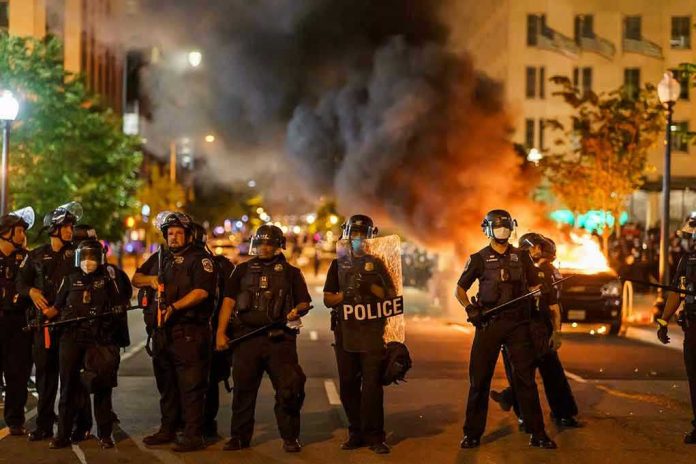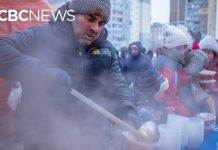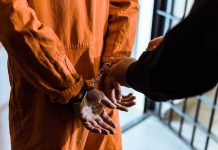
When the world’s oldest president clings to power and protest erupts in Cameroon, what unravels is not just a political contest, but a high-stakes drama of legitimacy, violence, and the restless desire for change.
Story Snapshot
- Four protesters killed as Cameroonian security forces clash with opposition supporters after a contentious election
- The world’s oldest president secures another term, deepening public skepticism about the vote’s credibility
- Anger boils over in the streets as demonstrators demand transparent election results and political reform
- The crisis exposes cracks in Cameroon’s political system and ignites questions about leadership and democracy across Africa
Violence in the Wake of Victory: A Nation on the Edge
Cameroon’s presidential election, billed as a demonstration of democracy, instead ignited a storm of unrest. As results trickled in, the announcement that the world’s oldest sitting president had secured yet another term triggered immediate outrage. Opposition supporters, insisting on credible results, surged into the streets, their numbers swelling as the day progressed. Security forces responded with tear gas, batons, and ultimately live rounds, leaving at least four protesters dead. The violence was not random; it was the result of years of festering discontent, now unleashed by an election many viewed as a foregone conclusion.
Onlookers described the scene as chaotic—barricades burning, crowds chanting for justice, and a palpable fear that the bloodshed would not end with these first casualties. The government called for calm, yet its actions spoke louder, with armored vehicles patrolling neighborhoods and military checkpoints springing up across the capital. The message was clear: any challenge to the regime would be met with force. This was not just about an election, but about the very legitimacy of a system that seemed unyielding to the demands of its people.
The World’s Oldest President: Symbol of Stability or Stagnation?
At the heart of Cameroon’s unrest stands its president, a man whose tenure began before the Berlin Wall fell and who now holds the distinction of being the oldest head of state in the world. For some, he represents stability in a volatile region; for others, he is the embodiment of stagnation, presiding over a system designed to perpetuate his rule. His latest victory—secured amidst allegations of irregularities and intimidation—did little to quell doubts about the integrity of the process. Critics argue that true democracy cannot survive when one leader dominates for decades, crushing opposition and rewriting the rules to suit his ambitions.
The president’s camp claims the election was free and fair. Observers, however, noted significant flaws: limited access for independent monitors, reports of ballot stuffing, and a media environment tightly controlled by the state. For a population where more than half are under 25, the idea of another term under a leader nearly five times their age is difficult to accept. The generational divide is stark, and the streets reflect it, with young protesters leading chants and facing down riot police, determined to assert their right to shape their country’s future.
At this point in time when the sovereign people have once again placed their trust in me for a new term of office, my first thoughts are with all those who have unnecessarily lost their lives, as well with their families, as a result of the post-election violence.#Biya2025 pic.twitter.com/24DlW8RkgI
— President Paul BIYA (@PR_Paul_BIYA) October 27, 2025
Protesters Demand Credibility and Reform
Opposition leaders, emboldened by public anger, have called for independent investigations into the election and immediate reforms to ensure transparency in future votes. Their demands echo across social media, where images of the clashes and casualties spread rapidly, fueling further outrage. “We will not accept stolen elections,” one protest leader declared, her words echoing in the squares and markets of Cameroon’s major cities. The government, meanwhile, denounces the protests as destabilizing and insists that order must be restored at all costs.
This standoff has created a dangerous impasse. The opposition is unlikely to back down quietly, especially after blood has been spilled. Yet the government shows no sign of compromise, pointing to the president’s renewed mandate as evidence of popular support. The coming weeks will test Cameroon’s resilience: Can the authorities find a way to de-escalate tensions without resorting to further violence? Or will the cycle of protest and repression deepen, pushing the country closer to a breaking point?
Lessons for Africa and Beyond
Cameroon’s turmoil resonates far beyond its borders. Across Africa, the question of aging leaders clinging to power is a recurring theme, from Zimbabwe to Uganda. Each disputed election chips away at faith in democratic institutions, eroding public trust and inviting instability. The lesson for the world is clear: when leaders outstay their welcome, and when electoral processes are perceived as rigged, unrest becomes inevitable. Cameroon’s protests are not just a local issue—they are part of a larger reckoning with the nature of power, legitimacy, and the future of democracy on the continent.
For now, the streets remain tense, the outcome uncertain. What is clear is that the world is watching, and that the demands for credible leadership and real reform cannot be silenced forever. As Cameroonians mourn their dead and brace for what comes next, the eyes of Africa—and of all who care about democracy—remain fixed on this unfolding crisis.
Sources:
The 92-year-old president who never loses







